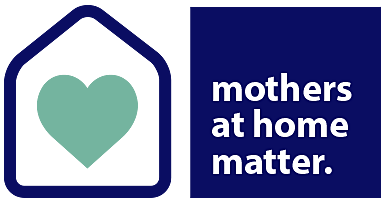What about the children?
Maria Lyons, Research Director at Mothers At Home Matter, responds to this week’s Spring Budget with concerns about how the expansion of childcare will impact children.
The Government has just announced long-term plans to expand free childcare entitlements initially to parents with children age 2 and eventually for children from age 9 months.
Putting to one side for the moment the important questions of whether this will help mothers back to work (something that is debatable) and whether the majority of mothers would prefer childcare to caring for their babies themselves (also worth a debate), there is one important question that is not being discussed in the public response to this announcement: Is more childcare going to be good for babies and toddlers?
“There is one important question that is not being discussed in the public response to this announcement:
Is more childcare going to be good for babies and toddlers? ”
It is telling that the plans are being framed almost entirely in terms of desired benefits for the economy and for family budgets. Neither political spokespersons or media outlets are claiming that being in formal childcare is better for very young children than being at home with their mothers. Why is that?
The reason is evidence, or more accurately, an absence of evidence. A UK Parliamentary briefing published in August 2021 summarises the research on the impact of Early Childhood Education and Care (ECEC) in England to date:
“In England, the best available evidence indicates that some use of high-quality ECEC is beneficial from age 3 for all children and from age 2 for disadvantaged children. There are limited data on children aged 0-2.”
Note carefully what this statement says about children under the age of 3: Some childcare is beneficial for disadvantaged children between ages 2-3. For the under 2s, there is not enough research available to make any statement at all.
(It is worth noting too that “the best available” evidence is not the same as “good quality” evidence or “a substantial body” of evidence.)
In sum, what amounts to a significant social experiment, with potentially far-reaching consequences for children and society as a whole, is being made on the basis of, well, absolutely nothing.
The first priority in any consideration of a new policy ought to be how it will impact the most vulnerable in society and those most affected, in this case: babies. What do babies most need at 9 months? And who is best placed to take care of this need?
Maria Lyons
Research Director, Mothers At Home Matter
Please write to your MP:
Campaign page – resource template letter + MAHMifesto

